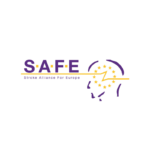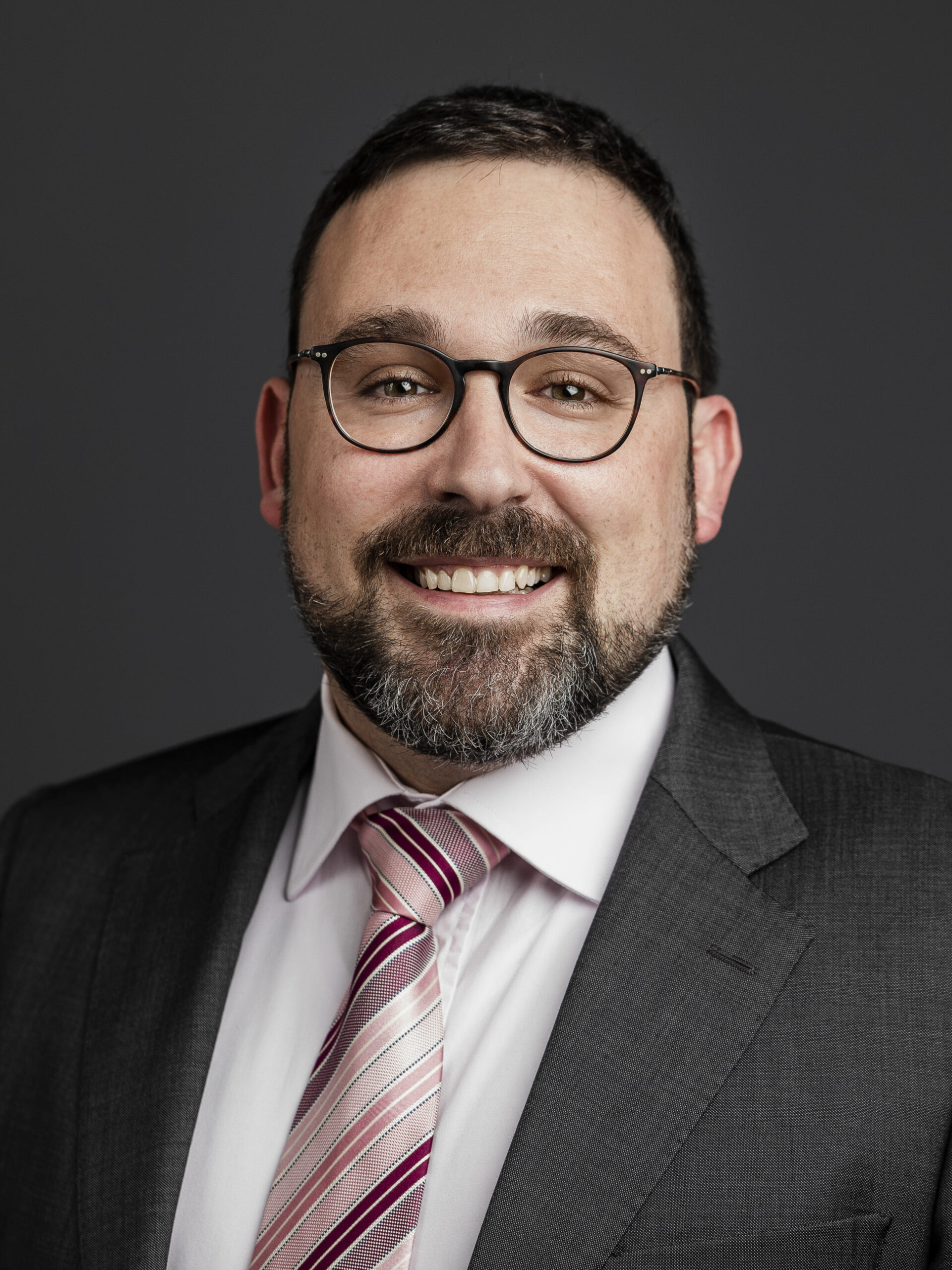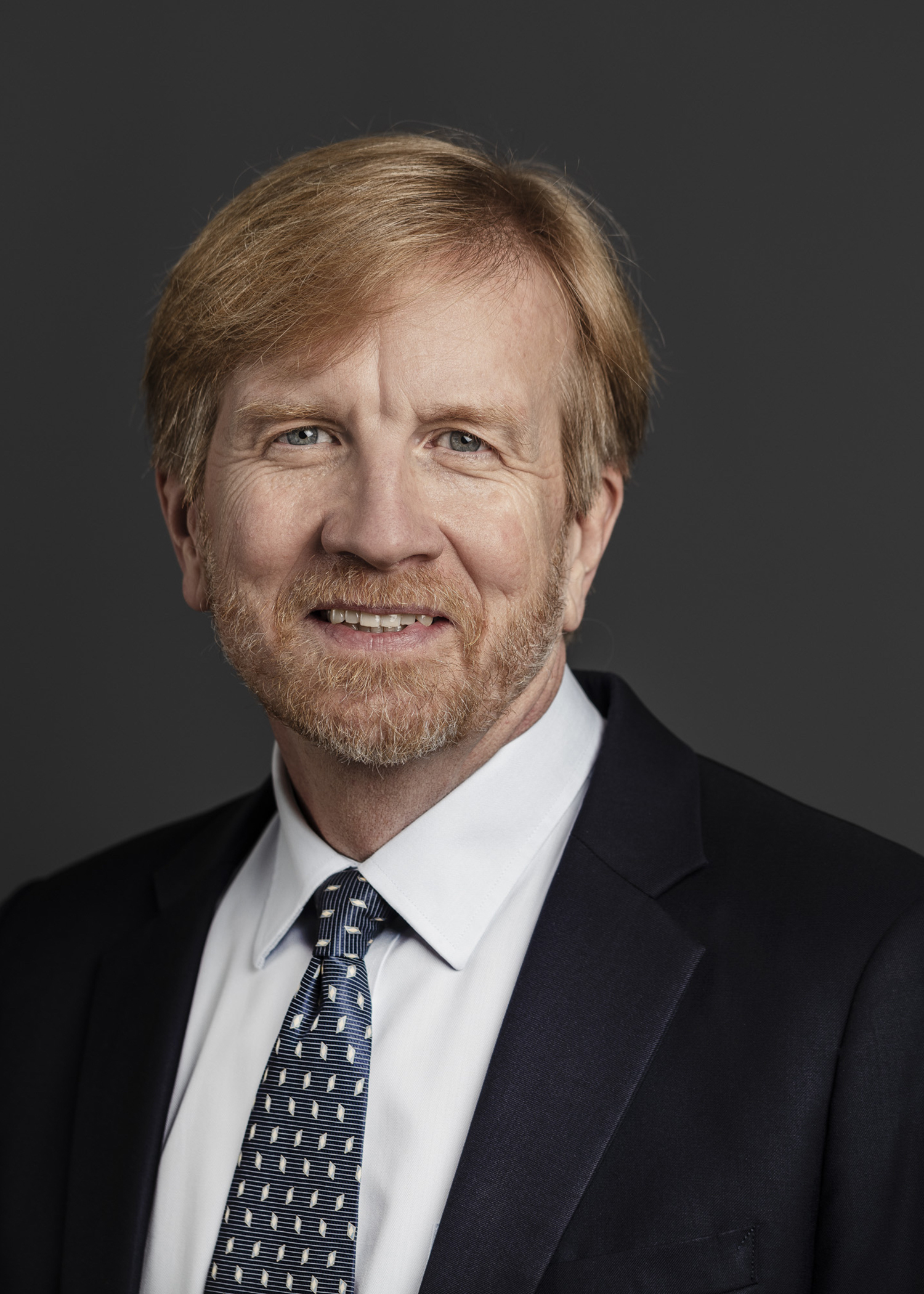SAFE - Stroke Alliance For Europe
Consortium partner

Coordinator and supervisor

Prof. Salvador Pané i Vidal
Project Coordinator
Prof. Dr. Salvador Pané i Vidal (Barcelona, 1980) is currently a Senior Research Scientist at the Institute of Robotics and Intelligent Systems (IRIS) at ETH Zürich. He received a B.S. (2003), M.S (2004) and a PhD in Chemistry (2008) from the Universitat de Barcelona (UB) in the field of the electrodeposition of magnetic composites and magnetoresistive alloys. He became a postdoctoral researcher at IRIS in August 2008 and Senior Research Scientist in 2012. He has authored or co-authored more than 100 articles in international peer-reviewed journals and books for education in science.
Prof. Pané is currently working on bridging chemistry and electrochemistry with robotics at small scales. In the field of micro- and nanororobotics, his major focus has been the miniaturization of magnetic materials and conductive polymers and hydrogels for targeted drug delivery. He is the head of the IRIS electrochemistry laboratory at ETH, which he established in 2010. At present, he teaches a course on nanorobotics and supervises several on-going PhD theses. He has established successful international collaborations with several research groups (Autonomous University of Barcelona, University of Barcelona, University of Würzburg, Boğaziçi University, University of Orléans, Michigan State University, University of Hamburg) and companies and institutions (Hirtenberger AG, IGS Research, EMPA, Steiger AG).
Prof. Pané has been also the coordinator for the FET Open project (Magnetic Nanoactuators for Quantitative Analysis), funded by the EU commission under the Seventh Framework Programme (FP7/2007-2013). In June 2013, Prof. Pané was awarded the highly competitive Starting Grant from the European Research Council (ERC). The grant provides 1.5 million euros over five years to investigate composite nanomaterials with magnetoelectric properties for chemical and biomedical applications. From 2015 to 2019, he was the Chair of the COST Action “e-MINDS: Electrochemical processing methodologies and corrosion protection for device and systems miniaturization”, which brings together more than 40 European academic and industrial participants related to the areas of electrochemical manufacturing and corrosion science. Since 2016, he has served on the board of editors in the journal Applied Materials Today (Elsevier). He represents Switzerland in the European Academy of Surface Technology. He is also co-founder of the startup Magnes AG. He was awarded a Consolidator Grant (ERC) in November 2017. The Grant provides 2.0 million euros over five years to develop gated porous nanorobots that can be remotely instructed to produce electrical fields. In future, these nanorobots could be used in the spinal cord or the optical nerve.

Prof. Bradley Nelson
Supervisor
Brad Nelson has been the Professor of Robotics and Intelligent Systems at ETH Zürich since 2002, where his research focuses on microrobotics and nanorobotics. Fundamentally, he is interested in how to make tiny intelligent machines that are millimeters to nanometers in size.
He studied mechanical engineering at the University of Illinois and the University of Minnesota, worked as a computer vision researcher at Honeywell and a software engineer at Motorola, served as a United States Peace Corps Volunteer in Botswana, Africa, and then obtained a Ph.D. in Robotics from Carnegie Mellon University. He was an Assistant Professor at the University of Illinois at Chicago and an Associate Professor at the University of Minnesota before moving to ETH.
Prof. Nelson has over thirty years of experience in the field of robotics and has received a number of awards for his work in robotics, nanotechnology, and biomedicine. He received the Grand Hamdan International Award for AI in Healthcare and was named to the "Scientific American 50", Scientific American magazine's annual list recognizing fifty outstanding acts of leadership in science and technology. His lab is the undefeated international champion in Robocup's Nanogram Soccer League, and he is in the Guinness Book of World Records for the "Most Advanced Mini Robot for Medical Use." His research group has won more than a dozen best paper awards at various international conferences and in international journals.
Prof. Nelson is a member of the Swiss Academy of Engineering (SATW) and serves on the advisory boards of a number of academic departments and research institutes across North America, Europe, and Asia. He is on the editorial boards of several academic journals, including the founding editorial boards of Science Robotics and Annual Review of Controls, Robotics, and Autonomous Systems. He has been the Department Head of Mechanical and Process Engineering at ETH twice, Chairman of the ETH Electron Microscopy Center, and a member of the Research Council of the Swiss National Science Foundation.

